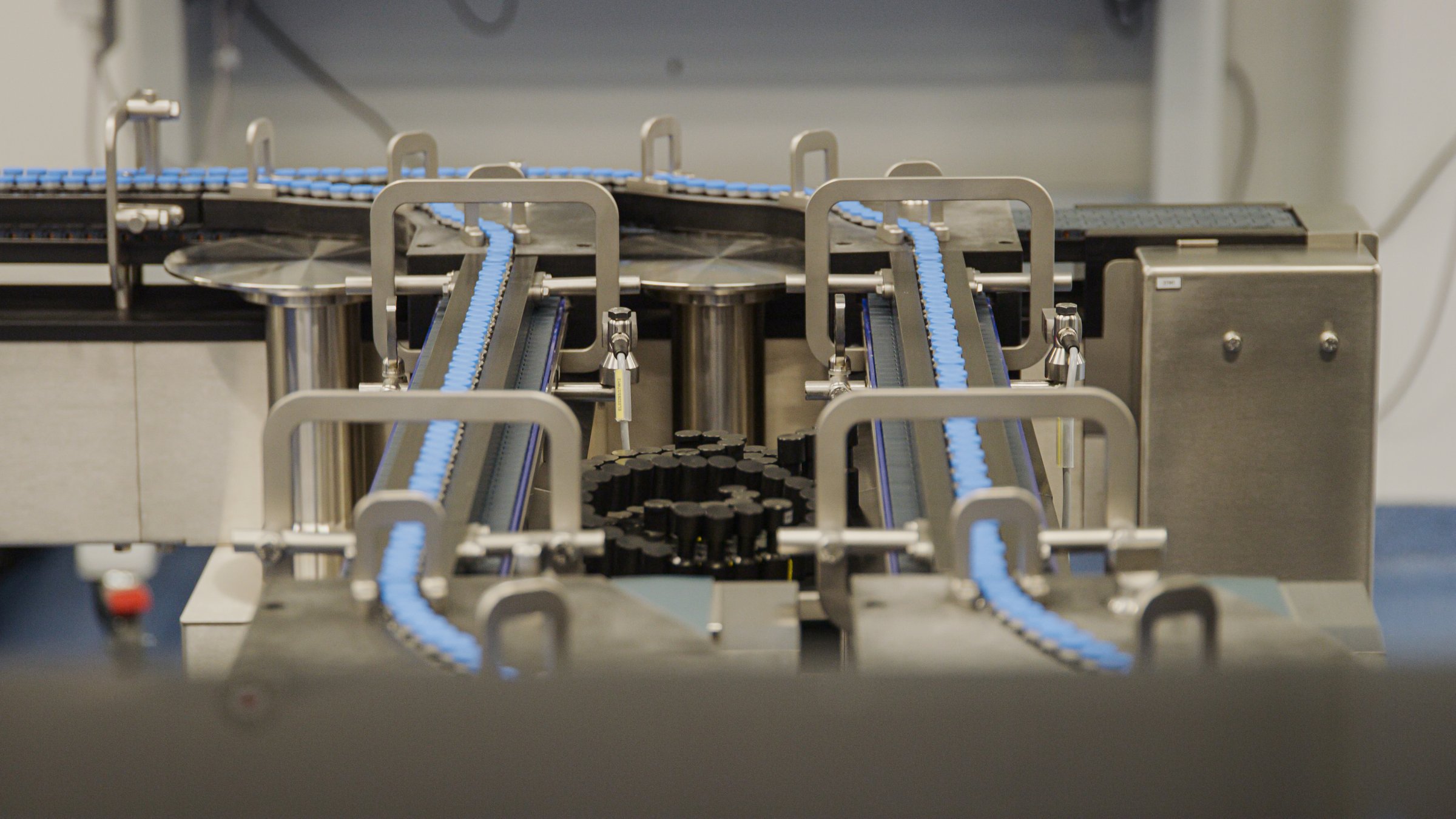
After decades of having no vaccines to fight respiratory syncytial respiratory (RSV), the U.S. now has two—both aimed at protecting older adults.
On May 31, the U.S. Food and Drug Administration (FDA) approved the second RSV vaccine in the world. The first, from the pharmaceutical company GSK, gained FDA approval earlier in May for adults age 60 and older. The newest vaccine, made by Pfizer, will also target people in the same age group.
RSV causes respiratory disease that can affect everyone, but elderly adults and young babies typically experience the most severe illness. Between 60,000 and 160,000 American seniors are hospitalized each year because of complications from RSV, and the virus kills 6,000 to 10,000 people annually in this age group. Among children under five, 58,000 to 80,000 are hospitalized with severe RSV each year—and 100 to 300 children die because of their infections.
More from TIME
In Pfizer’s data, the vaccine, called Abrysvo, was 85.7% effective at protecting people against severe RSV—diagnosed as having three or more symptoms of lower respiratory tract disease—among people who received the vaccine compared to those who got the placebo. By comparison, GSK’s vaccine was 82.6% effective overall in protecting against lower respiratory disease and 94.1% effective in reducing severe disease among vaccinated people vs. those getting a placebo. Immunizing the elderly against RSV could protect them from the more severe effects of infection, which in turn would lower hospitalizations and deaths from the disease.
“A vaccine to help prevent RSV had been an elusive public health goal for more than half a century,” said Annaliesa Anderson, senior vice president and chief scientific officer for vaccine research and development at Pfizer, in a statement. “Abrysvo will address a need to help protect older adults against the potentially serious consequences of RSV disease.”
Pfizer’s vaccine, like the one from GSK, takes advantage of a scientific breakthrough made by scientists at the National Institutes of Allergy and Infectious Diseases in 2013. Dr. Barney Graham and his team discovered just the right form of the virus that would alert and activate the immune system to develop defenses against RSV. Stabilizing and purifying that viral protein led to the successful vaccines. Pfizer’s version contains two different strains of RSV in a bivalent shot to optimize the chances that the viruses causing disease are matched to the ones people are vaccinated against.
Pfizer is also testing the same vaccine at the same dose in pregnant women, with the hope that expectant mothers who are immunized will pass along protective immunity to their developing babies. Newborns would then be protected against RSV in the critical first six months of life, when they are most vulnerable to getting sick from the virus. A committee of FDA vaccine experts voted unanimously on May 18 to recommend the maternal vaccine, and the FDA has until August to decide whether to follow that advice.
Now that the FDA has approved a second RSV vaccine for adults, it’s up to the U.S. Centers for Disease Control and Prevention (CDC) to issue guidelines for how the shot will be administered in people over age 60. The CDC’s immunization experts will meet in late June to issue recommendations for both GSK’s and Pfizer’s vaccines for adults. Pfizer says it anticipates sufficient doses, manufactured at its facilities both in the U.S. and abroad, will be ready to vaccinate eligible age groups in the U.S. just ahead of the coming respiratory virus season in the fall.
More Must-Reads from TIME
- Cybersecurity Experts Are Sounding the Alarm on DOGE
- Meet the 2025 Women of the Year
- The Harsh Truth About Disability Inclusion
- Why Do More Young Adults Have Cancer?
- Colman Domingo Leads With Radical Love
- How to Get Better at Doing Things Alone
- Michelle Zauner Stares Down the Darkness
Contact us at letters@time.com